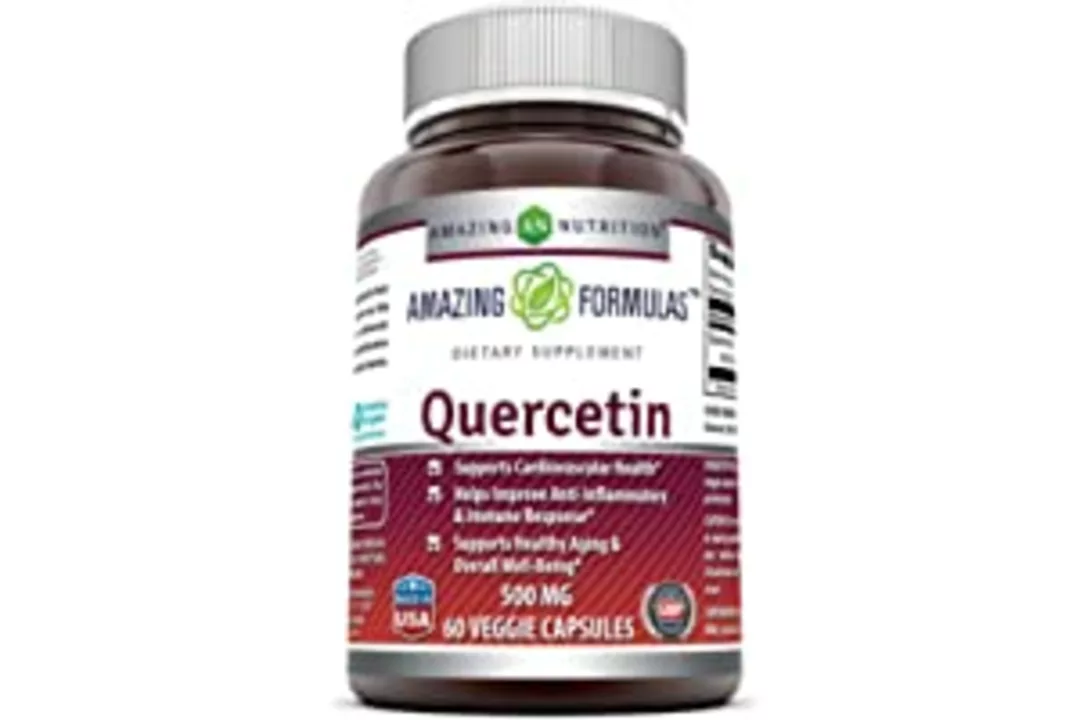Inositol Nicotinate: What It Is and Why People Use It
Wondering what inositol nicotinate does? It's a form of niacin (vitamin B3) bound to inositol and sold as a "no‑flush" supplement. People take it mainly to support blood flow and for claims about cholesterol and circulation without the strong flushing that comes with plain niacin.
How it works and common uses
Inositol nicotinate releases small amounts of niacin over time. That slow release reduces the typical warmth and redness (the "niacin flush") many experience with immediate‑release niacin. Manufacturers and some clinicians suggest it may help with peripheral circulation problems, cold hands and feet, and general vascular comfort. A few small clinical reports and user experiences point to modest improvements in circulation, but the evidence for major cholesterol changes is mixed.
If you have cold extremities, mild circulation complaints, or want a gentler niacin option, people often try inositol nicotinate. Remember: supplements vary in quality. Look for brands that list the exact amount of inositol nicotinate and have third‑party testing when possible.
Dosage, side effects, and precautions
Common supplement doses range from 500 mg to 2,000 mg per day, split into two or three doses. Follow the product label or your healthcare provider's advice. Start low and watch how your body reacts.
Side effects are usually mild: occasional stomach upset, headache, or light flushing in sensitive people. True liver or muscle problems are rare at common supplement doses but can happen with very high niacin intake or when combined with certain medications. Don’t assume "no‑flush" means risk‑free.
Talk to your doctor before using inositol nicotinate if you are pregnant, breastfeeding, have liver disease, diabetes, or take prescription drugs for cholesterol, blood pressure, or blood thinning. It can interact with other medicines or change lab results. If you notice jaundice, unexplained muscle pain, dark urine, or very strong stomach pain, stop the supplement and get medical help.
Practical tips: buy from a reputable seller, keep a short diary of effects when you start (dose, timing, any changes), and review use with your clinician at your next visit. If you're aiming to improve cholesterol or serious vascular disease, rely on your clinician for proven therapies rather than expecting a supplement to replace prescription care.
Short takeaway: inositol nicotinate can be a gentler way to get niacin-like effects for circulation complaints, but benefits vary and safety depends on dose and interactions. Use caution, track your response, and check with a healthcare pro when in doubt.

